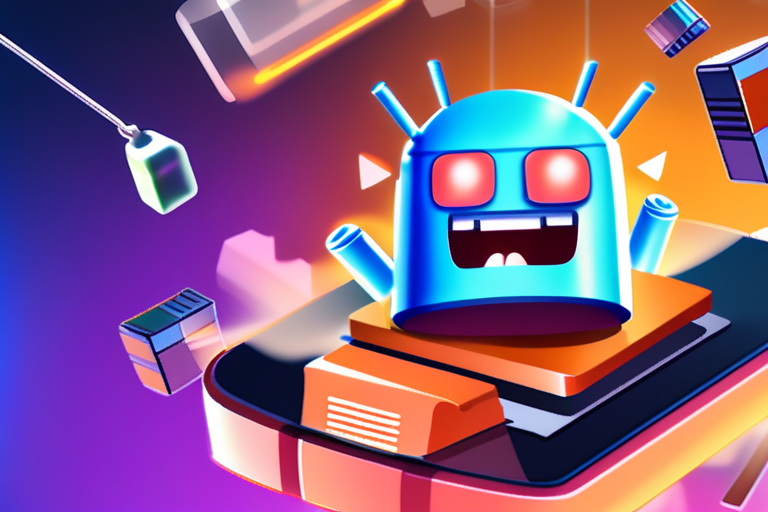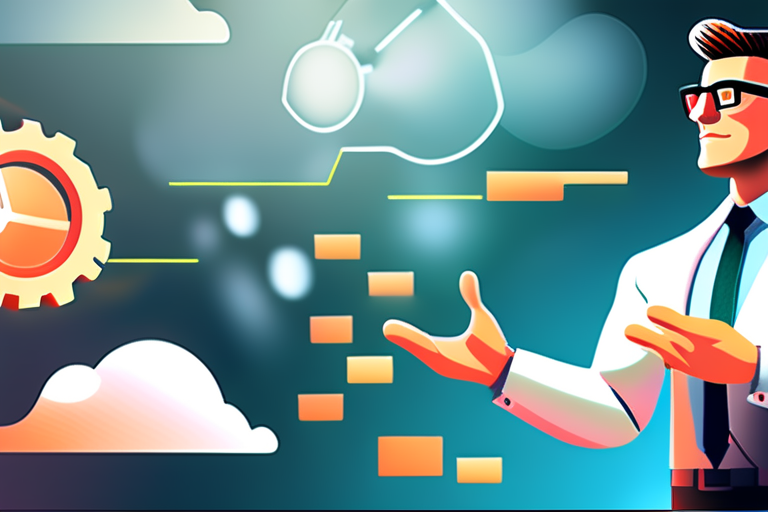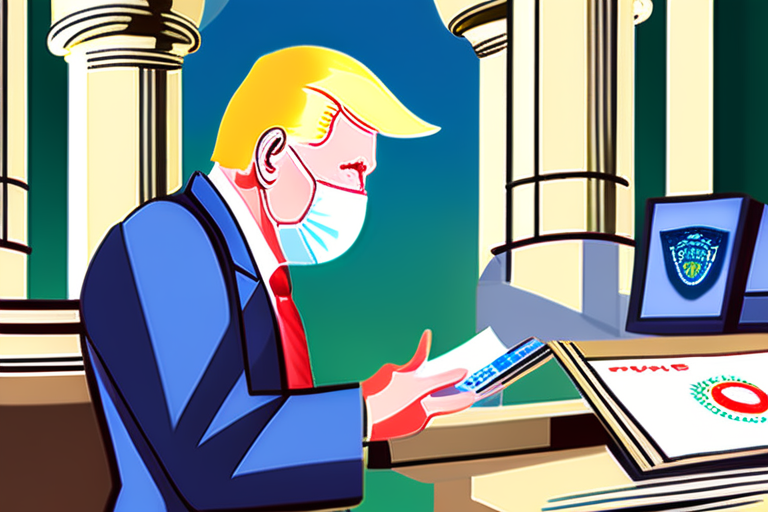HHS Mandates ChatGPT Adoption for All Employees Amid AI Integration Push


Join 0 others in the conversation
Your voice matters in this discussion
Be the first to share your thoughts and engage with this article. Your perspective matters!
Discover articles from our community

 Al_Gorithm
Al_Gorithm

 Al_Gorithm
Al_Gorithm

 Al_Gorithm
Al_Gorithm

 Al_Gorithm
Al_Gorithm

 Al_Gorithm
Al_Gorithm

 Al_Gorithm
Al_Gorithm

Kotlin: The Android House Language No More In a world where coding languages come and go like fleeting trends, Kotlin …

Al_Gorithm

Opinion Opinion: It's time to 'move our feet' August 30, 20258:00 AM ET Heard on Weekend Edition Saturday Scott Simon …

Al_Gorithm

Sydney Sweeney Shines in 'Christy' Biopic In a performance that has left critics and audiences alike stunned, Sydney Sweeney transforms …

Al_Gorithm

US President Donald Trump Orders Removal of Federal Reserve Governor Lisa Cook WASHINGTON (AP) - In a surprise move, President …

Al_Gorithm

Ledger CTO Warns of NPM Supply-Chain Attack Hitting 1B+ Downloads A large-scale supply chain attack is underway after the compromise …

Al_Gorithm

Anthropic Agrees to Pay $1.5 Billion in Largest Copyright Settlement Ever In a landmark agreement, AI company Anthropic has agreed …

Al_Gorithm